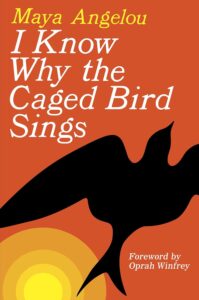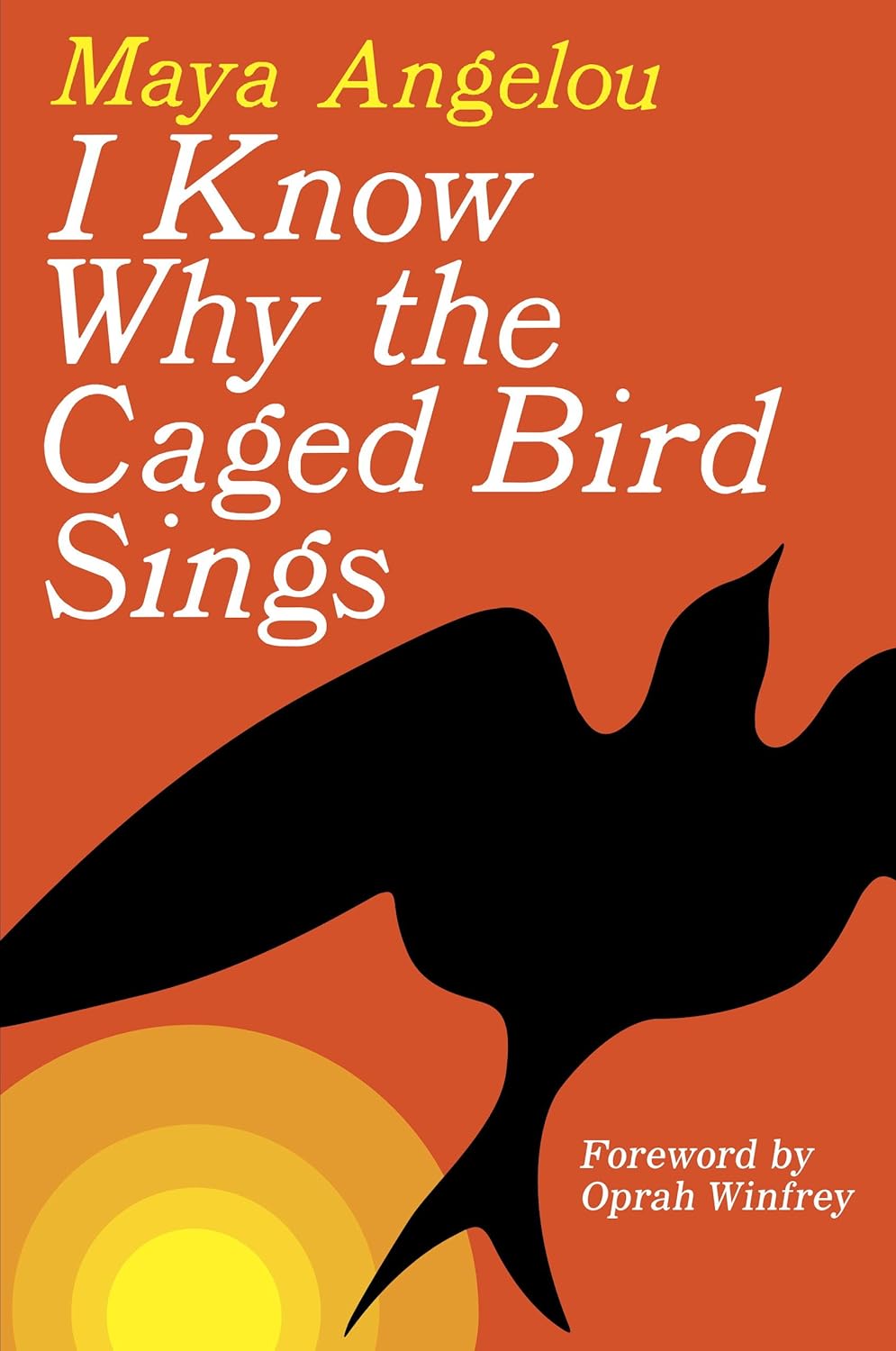I Know Why the Caged Bird Sings by Maya Angelou is a powerful autobiographical work that has inspired generations of readers, yet it has also faced repeated challenges and bans in schools across the United States. The book has been censored for its frank discussions of sexual abuse, racism, trauma, and identity. Some of the most commonly cited objections are related to the detailed description of the sexual assault Maya experienced as a child, as well as the use of profanity, depictions of violence, and candid portrayals of racism in America. Critics argue that these themes are too explicit or inappropriate for young readers, leading to its removal from reading lists and classrooms. However, educators and supporters of the book emphasize that these very themes are vital for understanding the experiences of marginalized individuals and for promoting empathy, strength, and healing.
Maya Angelou, the author of this groundbreaking memoir, was born in 1928 in St. Louis, Missouri. She was a poet, performer, and civil rights activist, whose voice became one of the most influential in American literature. Her writing often reflected her personal experiences and the broader struggles of Black Americans, especially women. I Know Why the Caged Bird Sings, published in 1969, was her first autobiography and launched her literary career. Angelou would go on to publish several more volumes of autobiography, poetry collections, and essays, earning numerous honors for her contributions to literature and social justice. Her work continues to be a touchstone for resilience, empowerment, and truth-telling.
The content of I Know Why the Caged Bird Sings recounts Maya Angelou’s early life, from her childhood in the segregated South to her teenage years in California. It covers painful experiences, including abandonment, trauma, and sexual abuse, but also moments of discovery, growth, and triumph. Through her storytelling, Angelou explores what it means to grow up as a Black girl in a world that constantly tries to silence or shame her. Her voice is both poetic and honest, capturing the challenges of her journey while also celebrating the strength it took to overcome them. The title itself is a powerful metaphor for the longing for freedom and expression in the face of confinement and pain. Despite the efforts to suppress its voice, I Know Why the Caged Bird Sings endures as a vital and courageous narrative, one that gives voice to those who have long been unheard.


